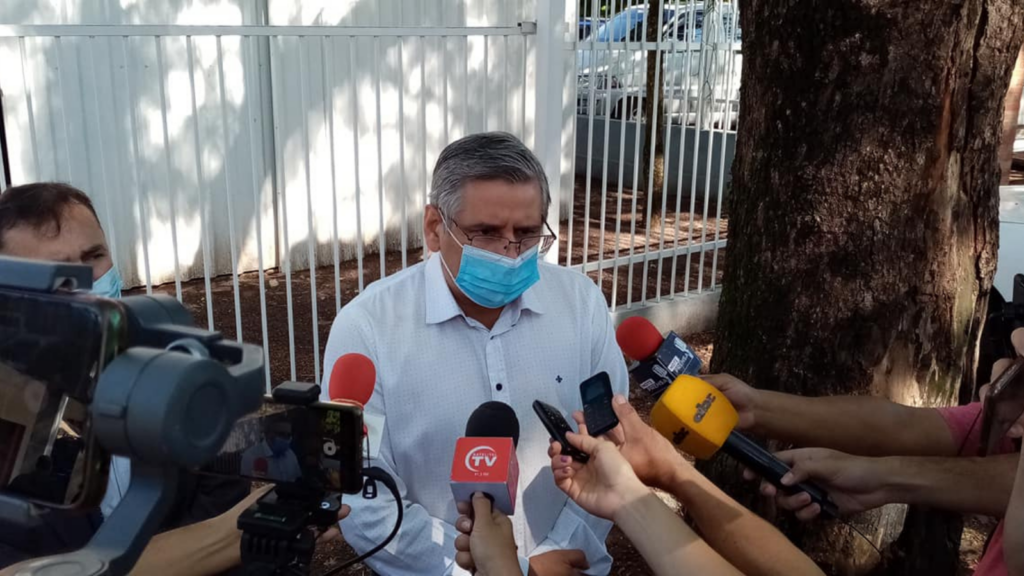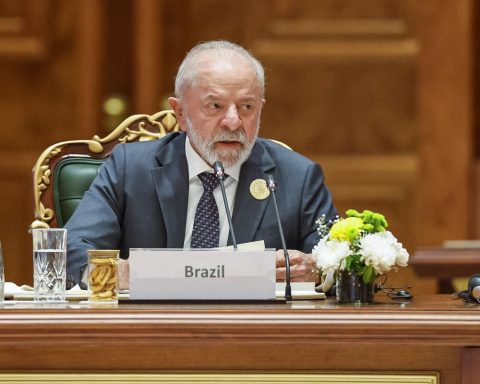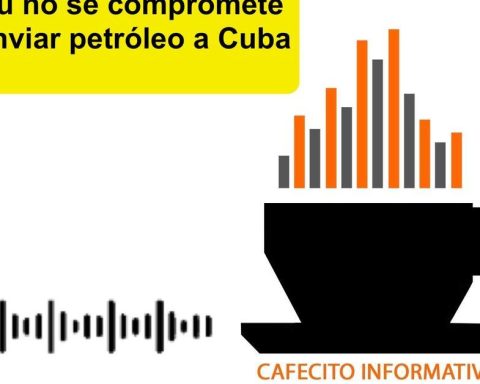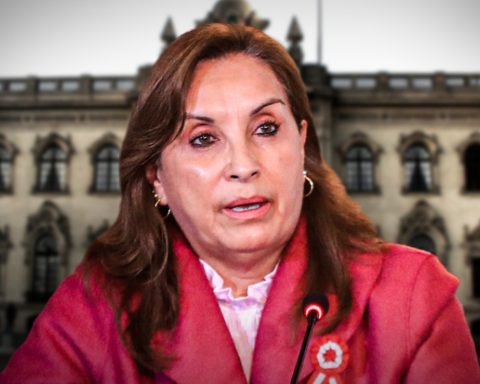The International Monetary Fund and the Argentine government been “clear” about the exceptionally high risks facing the Argentine economy and the new program for 44,000 million dollars approved last weekthe body’s spokesman said on Thursday, Gerry Rice.
Rice told reporters that the Argentine economy was recovering stronger than expected after three years of recession and a high inflation persistent, but also subject to the global impact caused by the war in ukraine.
“So it is not surprising that the risks to the Argentine economy and therefore to the program are high,” the spokesman said, noting that the IMF will work closely with Argentine authorities to ensure the successful implementation of the program.
The IMF’s executive board last week approved a new $44 billion financing program but said it carries “exceptionally high” risks.
The new deal, which replaces a failed $57 billion program awarded in 2018, is the IMF’s 22nd program for Argentina and comes after more than a year of negotiations.
Rice said the IMF board approved the new program because it sets realistic and pragmatic goals, along with credible policies, that would strengthen Argentina’s macroeconomic stability and begin to address its deep-seated challenges. Implementation will be key, he noted.
“Paraphrasing Winston Churchillwe’re at the end of the beginning of this process,” Rice said. “It’s all about implementation now so that those goals … can be achieved.”
While the high risks involved were noted, the IMF was committed to working closely with the Argentine authorities to ensure the successful implementation of the program, the spokesman said.
“It is in our shared interest to have a program that can be owned by the Argentine authorities … and to implement it successfully,” he said.

















